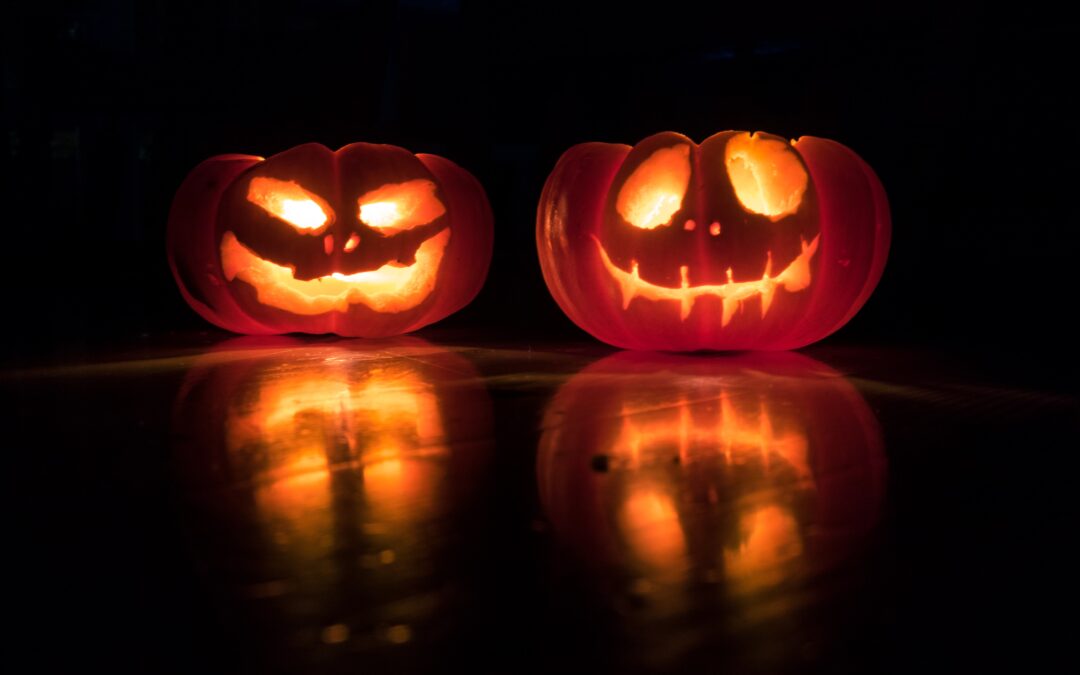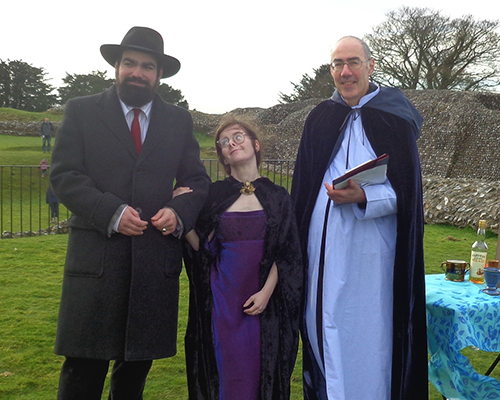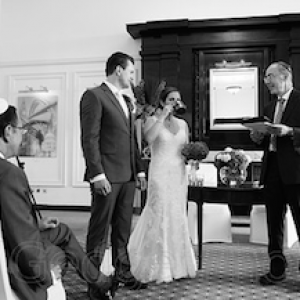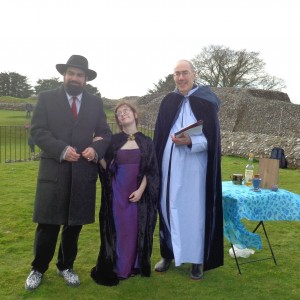
by Michael | Nov 1, 2022 | Blog
By the time you read this, Halloween will be all over and done with for another year!
But did you appreciate or endure (or even ignore!) it?
Perhaps you wondered how such a bizarre custom became part of our calendar?
Origins
The festival dates back some 2,000 years and is an offshoot of the ancient Celtic festival of Samhain. This marked the end of summer and the havest, and the beginning of the dark, cold winter. It also marked the boundary between the world of the living and that of the dead.
The ancient Celts believed that on the night of 31st October, ghosts of their dead would revisit the world. Large bonfires were lit across the villages to ward off any evil spirits that might be roaming abroad. The priests, otherwise known as Druids, would have led the celebrations. They also ensured that the hearth fire of each house was re-lit from the glowing embers of the bonfire, to protect and heat the people during the long, cold, dark winter months to come.
Development
At the end of the 6th century the Christians arrived in Britain, along with their festivals. These included “All Hallows’ Day” (or All Saints’ Day), which memorialises Christian martyrs. In the 8th century. This was moved to 1st November (probably to replace the Celtic Samhain festival).
Modern-day
So the Samhain eve became “All-hallows-even”; later, “Hallow Eve”, before morphing into “Hallowe’en” and “Halloween”. It is characterised by children’s games (eg apple-bobbing) and in recent years it has been influenced by American traditions (eg “trick or treating”).
Halloween is a special time of the year when many believe that the spirit and physical world can come into contact and magic holds sway.
I’ve never yet performed a Halloween ceremony, but I’m game to do so next year!
Photo by David Menidrey on Unsplash

by Michael | Apr 19, 2019 | Blog
It’s festival season at the moment! Whether you’re Christian or Jewish, there’s plenty going on. (Sorry if I’m unaware of other religious festivals that may be coinciding!)
Obviously, I’m
talking about Easter and Passover. The two are connected, of course. They both
last quite a while and the Last Supper was a Passover meal. Both
religions include eggs in their festivities (a symbol of Spring).
Despite
appearances, I wasn’t really intending to talk about the festivals themselves.
But I did want to have a religious slant to my blog at such a time.
A big question
People often ask me about my religious beliefs. How can I offer mixed-faith ceremonies? Even if I believe in either of the two religions, what about the other one(s)? And, as I’m not ordained, surely I can’t legitimately conduct such ceremonies?
Valid questions, and ones I have had to think hard about.
A small answer!
Let me take the last point first. I do not see that being a lay person prevents me from uttering holy words. I always tell my clients at the outset that I am not ordained and make no pretence about it. Moreover, even if I do not necessarily believe all the tenets of a particular religion, I feel happy enough to say the words. The words must not offend me, of course. I approve of a lot of Buddhist philosophy, so, though no Buddhist myself, would be happy to read appropriate texts.
When I was asked to do my first pagan ceremony (half a dozen years ago), my first reaction was “no!”. I had no intention of biting the head off a chicken, or whatever!
However, when I looked into it, I realised that paganism is nothing like that. It’s nature-centred and many of the prayers are really beautiful. I accepted the invitation. In fact, I greatly enjoyed the ceremony, and was so glad I had agreed to take it on.
Integrity
So that’s my answer to those questions. I don’t feel I’m being a hypocrite by reading words that I may not fully endorse. They are still valuable and valid. I’m not forcing myself to say words that upset me. I’m not misleading anybody into believing that they are booking a full-blown priest (or whatever). Moreover, I’m increasing my knowledge and understanding of other cultures, and that has got to be for the good.
So, without
remorse, let me sincerely wish you a very happy Easter or Passover!

by Michael | Apr 12, 2016 | Blog
As a civil celebrant, I note that mixed marriage has become increasingly common nowadays. It may be between couples whose beliefs encompass different strands of the same religion (eg Anglican and Roman Catholic) or believers of totally different faiths (I was recently honoured to be asked to perform a ceremony for a Jewess marrying a Muslim).

Source: Philippa Gedge photography
And then there are even less conventional combinations (in the picture below, I conducted a pagan handfasting, incorporating a number of Jewish elements).

Problems
On one occasion, I had been booked to conduct a ceremony for a practising (Reform) Jew and a practising Anglican. I was to be working together with a Reverend to create the appropriate service for the pair. Unfortunately, one set of grandparents were strict Jews and threatened to boycott the ceremony, unless an ordained rabbi (which I am not) led that part of the wedding.
It was certainly a dilemma for the couple.
Decisions
Who was in the right? Should the couple not be allowed to do what they want and believe in? Especially on their big day. Or should they respect and please family?
Of course, there is no doubt what my feelings about the matter are. However, there are two sides to any argument.
On the one hand …
As both of them actively follow their own religion, they do need to seriously consider how they will bring up any eventual children up. Circumcision may be just one of the decisions they will have to agree on. What about religion school, if any?
Once they have dealt with such problems, there are still those grandparents to contend with. The pair won’t choose to offend them, naturally. They should show respect. But whose wishes should actually prevail?
… on the other
Surely this has got to be the couple’s (joint) decision? They are adults and It is their lives, after all. They certainly won’t want to be insincere and uncomfortable on arguably the biggest day of their lives.
If reasoning with objectors doesn’t work, it might be possible to compromise (though difficult to do in this circumstance) or make it up with them in some way. Maybe invite them to participate or assure them that you will spend festivals like Passover together with them, and that you want them to play a full part in the life of any offspring.
It may even be that the ceremony is so sincere and beautiful that the objectors come round of their own accord.
Wouldn’t that be something?
Please contact me for a (non-obligation) chat, if you are contemplating a mixed marriage (or if anyone you know is) .




